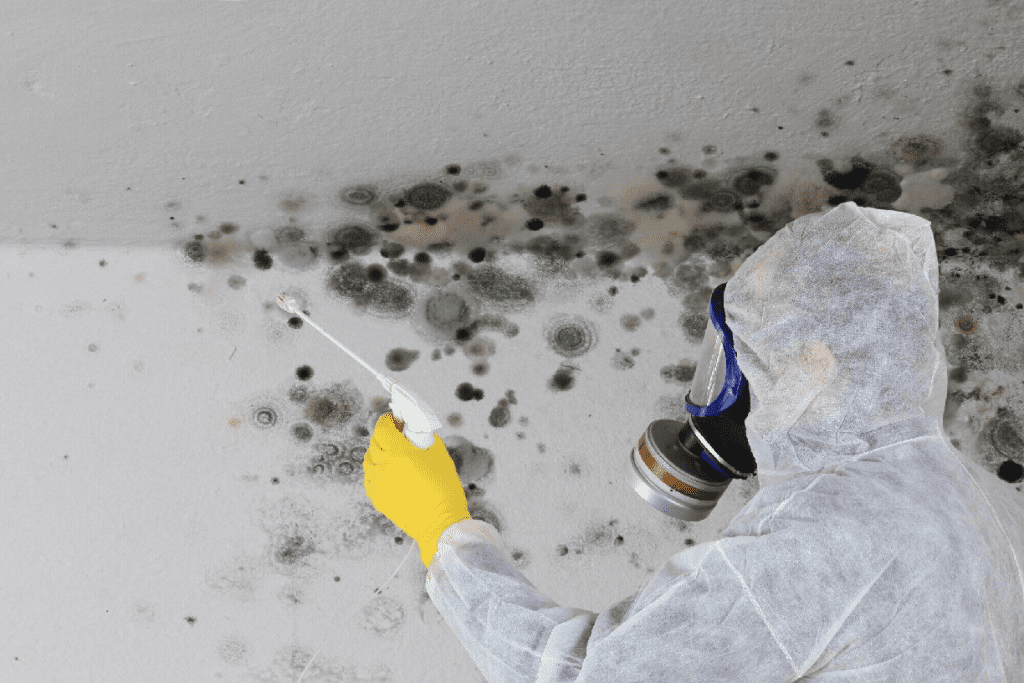Understanding Rehab Clinics: A Path to Recovery from Substance Abuse
In the realm of addressing substance abuse and addiction, rehab clinics play a vital role in providing comprehensive treatment and support to individuals seeking to overcome dependencies and reclaim their lives. The term “rehab clinic” refers to a specialized facility that offers structured programs and therapies tailored to assist individuals in recovering from substance abuse disorders. Let’s delve deeper into what rehab clinics entail and how they contribute to the journey of rehabilitation.
What is Rehab?
Rehab, short for rehabilitation, refers to the process of undergoing treatment to recover from substance abuse or addiction. This encompasses a range of therapeutic interventions aimed at helping individuals stop using drugs or alcohol, manage withdrawal symptoms, address underlying issues contributing to addiction, and learn new coping strategies for a sober life.
Rehabilitation typically involves a multidisciplinary approach, combining medical care, psychological support, counseling, and behavioral therapies. The primary goal of rehab is not just abstinence but also the holistic recovery of the individual, addressing physical, mental, emotional, and social aspects affected by addiction.
The Role of Rehab Clinics
Rehab clinics are specialized facilities equipped to provide a conducive environment for recovery. Here are key elements that characterize rehab clinics and their significance:
Structured Treatment Programs: Rehab clinics offer structured programs designed to meet the diverse needs of individuals struggling with substance abuse. These programs may include detoxification (detox) services, individual and group therapy sessions, educational workshops, and aftercare planning.
Medical Supervision: Clinics have medical professionals, including doctors, nurses, and psychiatrists, who oversee the detoxification process and manage any medical complications arising from withdrawal. They also assess and treat any co-occurring mental health disorders.
Therapeutic Interventions: Rehab clinics employ evidence-based therapies such as cognitive-behavioral therapy (CBT), motivational interviewing, and family therapy to address underlying issues and behavioral patterns associated with addiction.
Peer Support and Community: Rehab clinics provide a supportive community of peers going through similar challenges, fostering camaraderie and understanding crucial for recovery.
Holistic Approach: Effective rehab clinics take a holistic approach, recognizing addiction as a complex condition impacting all aspects of a person’s life. They offer comprehensive support addressing physical, psychological, and social needs.
Creating an Article on Rehab for Substance Abuse
Rehabilitation for substance abuse involves a tailored approach to each individual’s needs. In an article focusing on rehab for substance abuse, it’s important to cover several key aspects:
Types of Rehab Programs: Discuss different types of rehab programs, including inpatient/residential treatment, outpatient programs, and intensive outpatient programs (IOPs). Explain how these programs differ and which might be suitable for different individuals.
Detoxification Process: Outline the detox process and emphasize the importance of medical supervision during this critical phase to manage withdrawal symptoms safely.
Therapeutic Modalities: Explain the role of various therapies in rehab, such as behavioral therapies, counseling, and alternative therapies like art or music therapy.
Addressing Co-Occurring Disorders: Discuss the prevalence of co-occurring mental health disorders among individuals with substance abuse issues and how rehab clinics integrate treatment for these conditions.
Aftercare and Relapse Prevention: Highlight the significance of aftercare planning and ongoing support post-rehab to prevent relapse and support long-term sobriety.
Personal Stories and Testimonials: Include real-life accounts of individuals who have undergone rehab for substance abuse to illustrate the challenges and successes of the journey.
In conclusion, rehab clinics serve as vital resources in combating substance abuse by providing comprehensive treatment and support. They offer hope and a path to recovery for those struggling with addiction, emphasizing not just cessation of substance use but the restoration of a meaningful and fulfilling life. Understanding and supporting rehab efforts is essential in addressing the complexities of substance abuse and promoting a healthier society.






